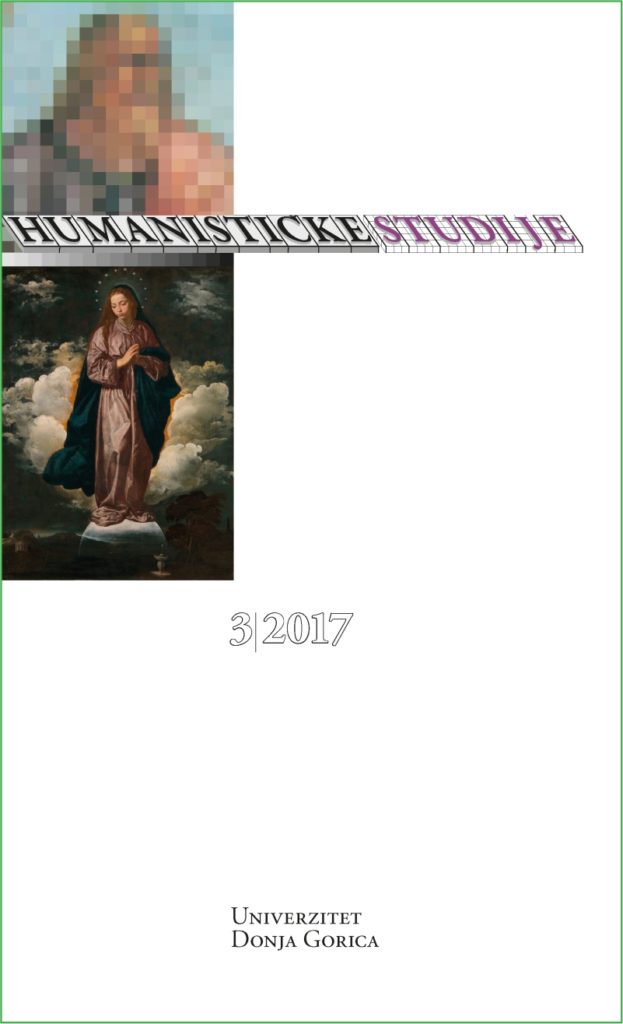The Normative Flaws of Liberal Culturalism
The Normative Flaws of Liberal Culturalism
Author(s): Predrag ZenovićSubject(s): Politics / Political Sciences, Political Theory, History and theory of political science
Published by: Univerzitet Donja Gorica
Keywords: liberal culturalism; multiculturalism; absolute identities; minorities; community; recognition; nationalism
Summary/Abstract: This paper examines normative issues of liberal culturalism. It starts with a premise that, though it offers a good critique of national states, liberal culturalism still leaves some salient questions unanswered. Following the structure of the vast majority of liberal culturalism theories, the author divides these normative flaws into three categories: methodological, epistemological and practical. Methodological flaws deal with problems of definition as well as with primacy between methodological individualism and collectivism. Epistemological flaws lie in the way that liberal culturalism understands culture by essentialising it, reducing political to cultural, construing “absolute identities” etc. In the last part, the author focuses on practical shortcomings that stem from normative positions of liberal culturalism.
Journal: Humanističke studije
- Issue Year: 2017
- Issue No: 3
- Page Range: 191-217
- Page Count: 27
- Language: English

